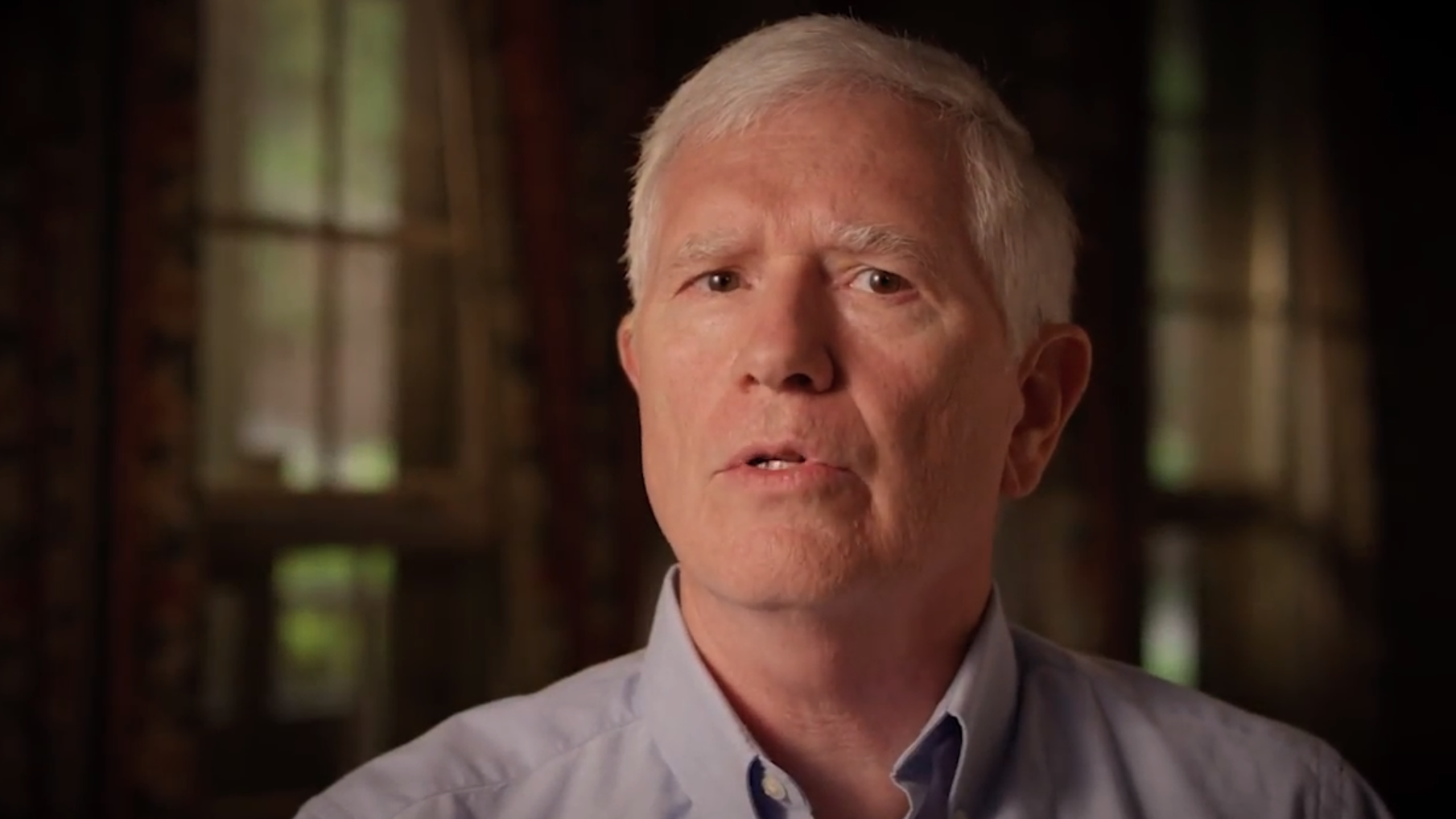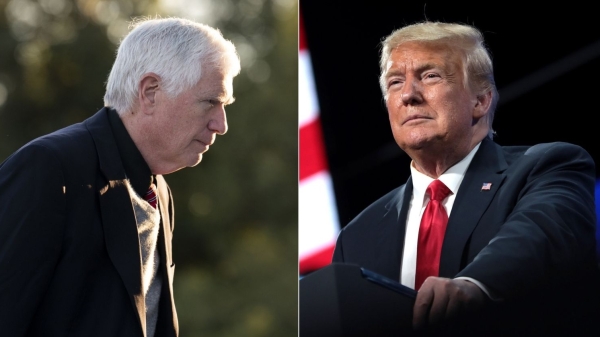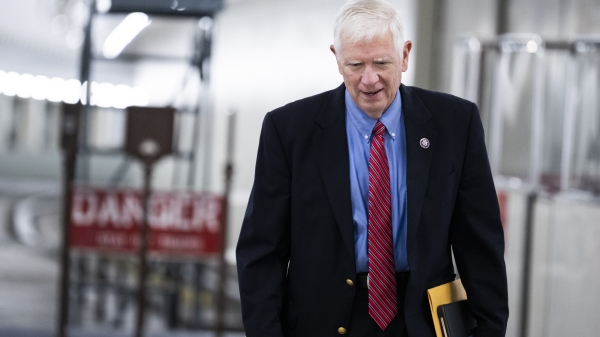In what may be a preview of the contentious upcoming U.S. Senate race in Alabama, candidate Lynda Blanchard called out fellow Republican congressman and Senate hopeful, Mo Brooks, for his hypocrisy, citing numerous examples of him accepting campaign contributions from groups she says are aligned with “woke” ideals and progressive agendas.
“Mo Brooks should be ashamed for courting campaign dollars from RINO Republicans, and hardcore progressives promoting the woke, cancel culture movement,” said Blanchard in a press release.
“A 40-year career politician like Mo Brooks can easily snap his fingers and make the lobbyists come running with campaign cash, but how committed can you be to the conservative cause if you’re accepting money from companies that support illegal immigration, gun control, and the hoax of transgenderism,” Blanchard continued.
Blanchard’s critique of Brooks’ donors is another example of the internecine, intra-party battles Republicans are now waging with with each other.
Blanchard gave a partial list of the contributions Brooks accepted, which includes Coca-Cola, Microsoft, and NBCUniversal, which owns left-leaning cable outlet MSNBC.
Her campaign slammed Brooks for accepting $5,500 from the political action committees of U.S. Sen. Mitt Romney of Utah and U.S. Sen. Bill Cassidy of Louisiana, both of whom voted to impeach President Donald Trump from office. The release also notes that in addition to accepting money from Romney, Brooks’ only federal campaign contribution before 2010, was to Romney.
Blanchard suggests this is because both men are members of the Church of Jesus Christ of Latter-Day Saints, commonly referred to as Mormons.
While Brooks was a church member for 30 years, he now claims he is no longer a member but still attends Mormon services regularly.
“In order to demonstrate that my principles cannot be purchased and my silence on issues cannot be bought, I pledge to refuse any federal PAC dollars that might be offered to my campaign, and I call upon Mo Brooks to return the liberal loot he has happily accepted,” Blanchard said.
The campaign listed a few examples of contributions accepted by the Brooks campaign, adding commentary to each donation. While the campaign’s characterization of these organizations and individuals may be grossly exaggerated, it is, however, indicative of the Republican Party’s reliance on culture wars to deliver it’s message.
“$1,000 from the political action committee of Coca-Cola, a politically progressive company that condemned the honest election reform law enacted by Georgia Republicans and strongly supports the ‘Lesbian, Gay, Bisexual, Transgender, Queer, and Intersex’ social agenda with financial backing.”
“$1,000 from the political action committee of Microsoft, another politically progressive company which has donated to groups that oppose the Second Amendment and promote sanctuary cities. Microsoft executives also donated roughly $2.5 million to Joe Biden’s 2020 presidential campaign.”
“$5,500 from NBC Universal, which is the parent company of MSNBC, perhaps the most hysterically liberal network in the history of American television.”
“$2,000 from Google, which was sued in 2018 for firing employees who expressed conservative thoughts, positions, and ideas, and has been accused by some congressional leaders of suppressing conservative websites in its search results.”
“$5,500 from the political action committees of U.S. Sen. Mitt Romney of Utah and U.S. Sen. Bill Cassidy of Louisiana, both of whom voted to impeach President Donald Trump from office and carry the RINO banner in the upper chamber.”
“$2,000 from the political action committee of former House Speaker John Boehner, the ultimate D.C. insider who was driven from office for his RINO positions and has since become a devoted anti-Trump warrior. Brooks voted three times to make Boehner the Speaker of the House.”
“$15,000 from the political action committee of former House Majority Leader Eric Cantor, an establishment RINO insider who was defeated in the 2014 Republican primary by a conservative outsider.”
“Claiming to oppose liberal special interests when the cameras are on while glad-handing, back-slapping, and greedily accepting contributions from them when the public isn’t watching is symptomatic behavior of political insiders and career politicians,” Blanchard said.























































